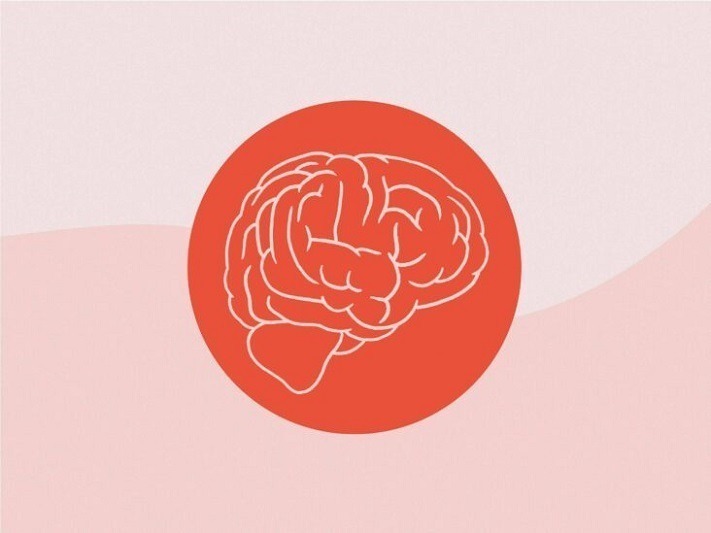Machine learning study finds standardized brain scan biomarker to detect depression with 66% accuracy
 New Study Brings Biomarkers For Depression Closer To The Clinic (Forbes):
New Study Brings Biomarkers For Depression Closer To The Clinic (Forbes):
Scientists have been studying biological signs of depression in the brain, looking for markers that could be used to identify the disorder. A team of scientists recently developed a technique using machine learning that can identify whether a given patient’s brain scan shows one of depression’s neural signatures…
Clinicians currently diagnose major depressive disorder, commonly called depression, based on a patient’s reported symptoms, like changes in mood, activity enjoyment, appetite or sleeping, for example. But people with depression can show a wide range of different symptoms, which means that depression looks different in each person … Grouping people with wide-ranging symptoms under one category also masks the fact that different processes in the brain might underlie depression in different individuals. For these reasons, neuroscientists have been looking for neural signatures or biomarkers of depression…
Using the brain network biomarker, their algorithm could correctly identify which participants had depression 66% of the time.
While 66% accuracy may not sound high, it is an improvement on current accuracy levels of diagnosis by human clinicians, particularly general physicians who aren’t trained in psychiatry.
The Study:
Generalizable brain network markers of major depressive disorder across multiple imaging sites (PLOS Biology):
- Abstract: Many studies have highlighted the difficulty inherent to the clinical application of fundamental neuroscience knowledge based on machine learning techniques. It is difficult to generalize machine learning brain markers to the data acquired from independent imaging sites, mainly due to large site differences in functional magnetic resonance imaging. We address the difficulty of finding a generalizable marker of major depressive disorder (MDD) that would distinguish patients from healthy controls based on resting-state functional connectivity patterns. For the discovery dataset with 713 participants from 4 imaging sites, we removed site differences using our recently developed harmonization method and developed a machine learning MDD classifier. The classifier achieved an approximately 70% generalization accuracy for an independent validation dataset with 521 participants from 5 different imaging sites. The successful generalization to a perfectly independent dataset acquired from multiple imaging sites is novel and ensures scientific reproducibility and clinical applicability.
The Study in Context:
- Alphabet’s X shares Amber EEG system to expand the quest for mental health biomarkers
- Machine-learning study finds EEG brain signatures that predict response to antidepressant treatments
- Neuroengineering meets neuroethics to address treatment-resistant depression
- A call to action: We need the right incentives to guide ethical innovation in neurotech and healthcare
- New report: Empowering 8 Billion Minds via Ethical Development and Adoption of Neurotechnologies


